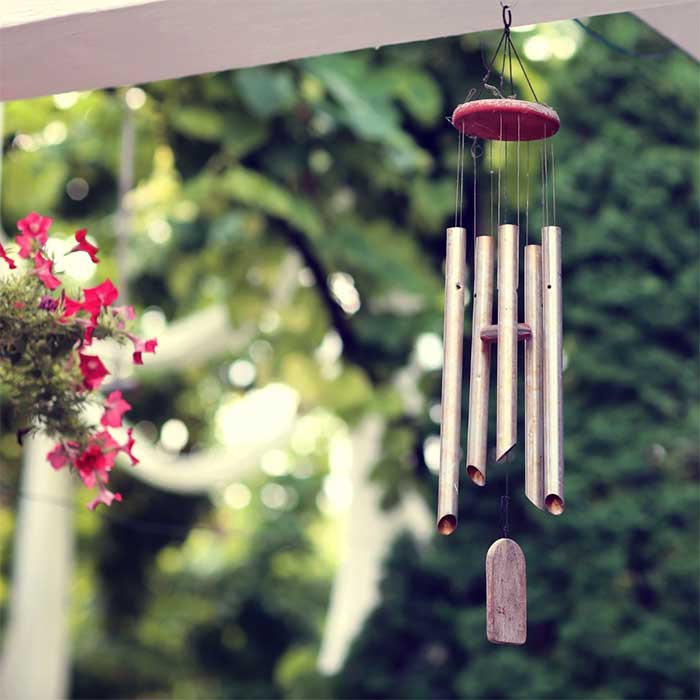You’ve just seen a deer, what a thrilling sight, until you realize it’s in the middle of your perennial border digging under the snow and munching on your plants! All your hard work and money going down the drain or rather going down the deer’s throat. Winters with a lot of deep snow, make it more difficult for deer and rabbits to find sufficient food so they become even more bold about checking our gardens for food. For many of us gardeners, living with deer or rabbits can be quite a challenge especially if you live in the country. So, what are our options? Give up gardening? I don’t think so!
Some of us have tried fencing, chicken wire for rabbits with 1” mesh, which works fine in the summer providing they don’t burrow under it, but in the winter if you get a lot of snow they’ll just hop right on over. If you’re fencing off a particular plant, place chicken wire on top as well to prevent this. With deer you will need your fence at least 8’ high, a second inner fence about 3’ high increases the effectiveness as double obstacles confuse them. Electric fencing can be quite effective especially when used in front of another fence.
There are many home remedies that can be effective, some gardeners will hang soap bars around their gardens at 15’ intervals or attach them to stakes in the ground. Others report that human hair hanging in mesh bags work. Homemade repellents can help such as garlic, egg or soap-based mixtures. The problem here is that they will need to be reapplied after snow, rain or heavy dews. Newer repellents that combine bad taste and smell seem to be the most effective, but they still need to be reapplied after 3 weeks. This cannot be done when it is below 0 degrees, so this won’t work in the winter, unless you’re able to take advantage of the thaw. One product that we have found very effective is Bobbex. This product is all natural and very effective in repelling deer and rabbits without being a pesticide or poison. Bobbex contains animal proteins & other organic elements such as eggs, fish meal, fish oil, meat meal, garlic & clove oil. It works by mimicking a fresh kill site which naturally repels deer & rabbits through fear & smell. Spray deer or rabbit favourite plants late fall and then again when you get a mild spell in February. Check for signs of browsing as there is very little available for them to eat now. It’s not too late to spray as long as the temperatures are above freezing.
There are many deer and rabbit resistant plants that can be planted but the key word here is resistant, not proof. They tend to avoid fuzzy or prickly leaves, such as lambs ears or poppies, strong fragrance such as lavender or Russian sage and toxic plants. Deer tend to stay away from ornamental grasses as they can’t chew them, but rabbits will eat Blue Fescue. Search the internet for “deer” or “rabbit proof” plant lists but keep in mind that when food is scarce, they will eat almost anything and everything!
Heritage perennials puts out a very good brochure and plant list of what to avoid and what to try, that you can pick up from us, or check their website www.perennials.com.
Consider trying a combination of some of these recommendations for the best success and good luck in your battle!







